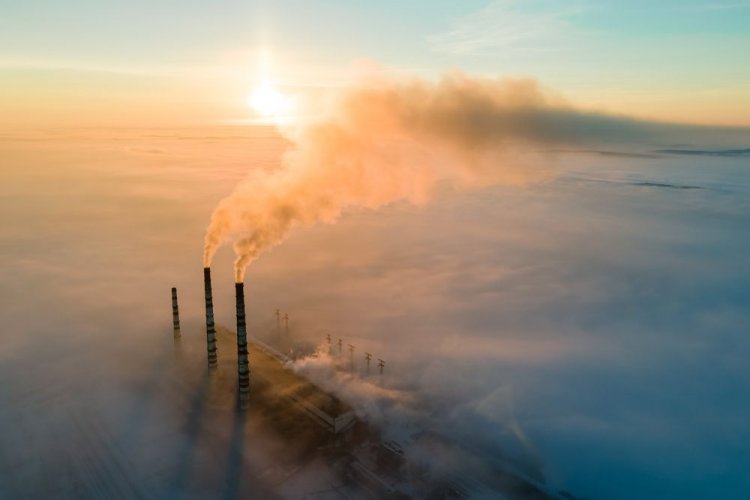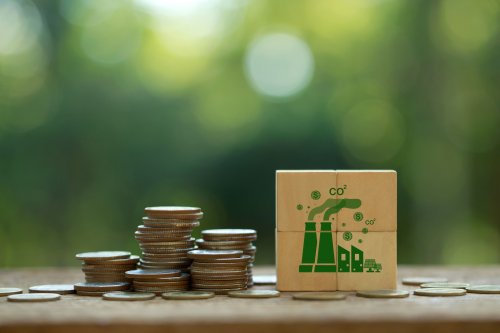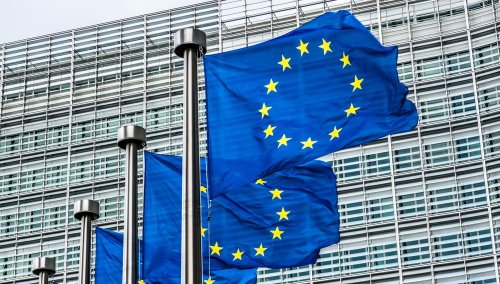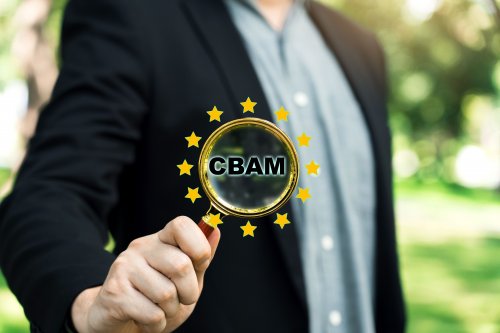The Council of Europe has approved a common approach to the issue of introducing the Carbon Border Adjustment Mechanism, which should be operational in 2026.
This is reported on site Council.
In accordance with the decision of the European Council, the registration of importers of products subject to carbon tariffs will take place at the EU level. Previously, it was assumed that such lists would be compiled in national jurisdictions.
It is planned to remove small consignments with a total value of less than 150 euros from the effect of carbon tariffs. According to the European Commission, they account for about a third of the goods entering the EU, at the same time, their cumulative share in carbon dioxide emissions is negligible.
The European Council confirmed that, in parallel with the introduction of carbon tariffs, the number of free carbon emissions permits for European companies will be reduced by 25% during 2026-2030. This is a very sensitive issue for European steelmakers, as the measure is expected to further increase the cost of permits.
It is reported that consultations with European industrialists will continue on this issue.
CBAM will cover imports of products from the following sectors: cement, aluminum, fertilizers, power generation, iron and steel.
The new mechanism provides for the introduction of tariffs on the so-called "carbon footprint" from the import of these types of products. Their size will be linked to the cost of carbon emissions permits in the European EU ETS system. Now it is about 75-80 euros per ton.





